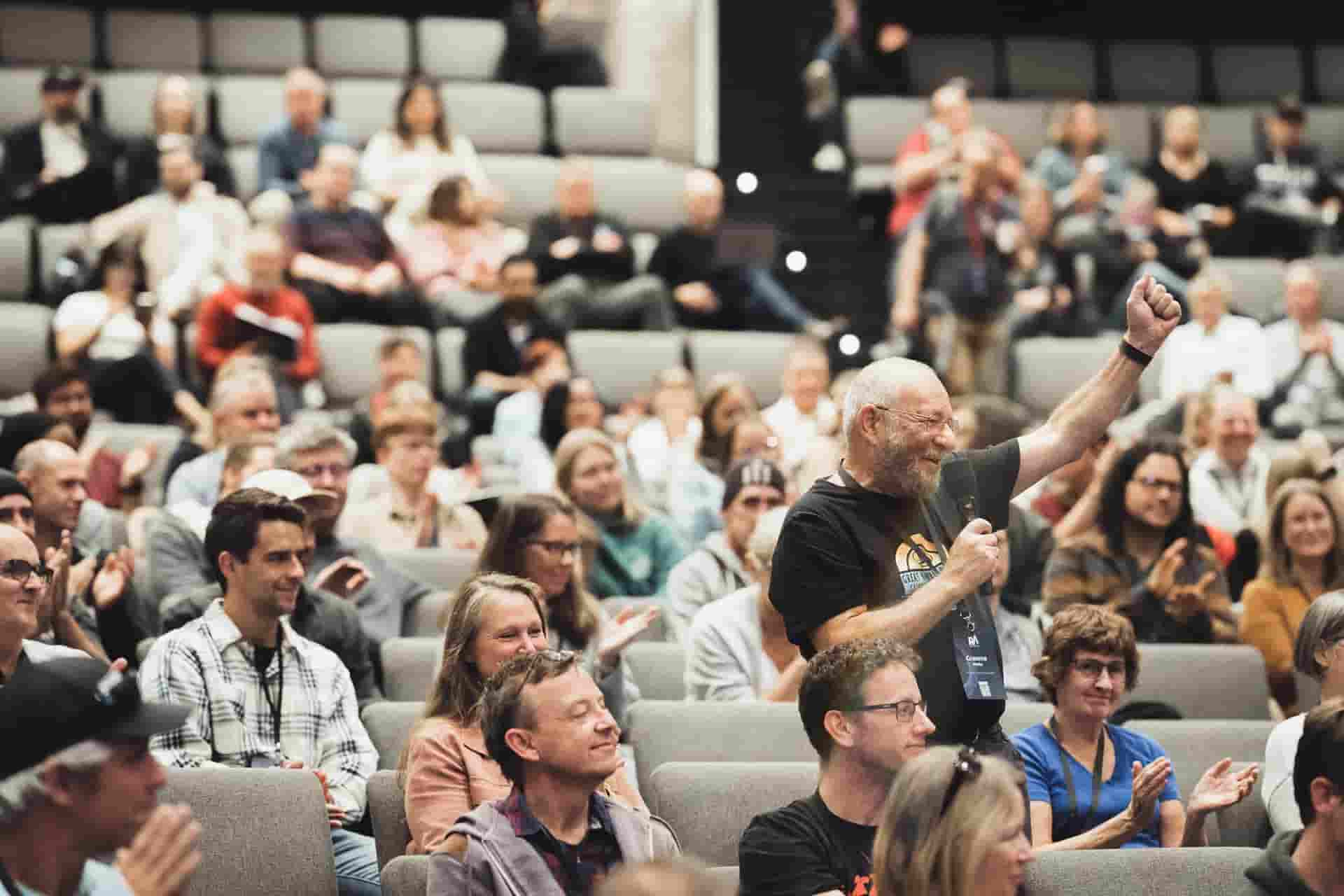We have chosen the name “Geneva” because we trust that, under God, something of the same movement that grew out of that ancient city might happen in Australia. In the sixteenth century, by God’ grace, Geneva became the epicenter of an evangelistic drive that saw hundreds of church planted not just in Europe but across the world, saving thousands of lives for Christ. All of it was driven by the recaptured truths of the gospel – grace alone, faith alone, Christ alone and Scripture alone. It is our prayer that God will do a similar work here in Australia.
The following article and helpful links provided by Sandy Grant below demonstrate how Calvin’ Geneva became the impetus for a wave of church-planting that reshaped the world…
THE MISSION CATALYST
A. M. Hunter, in his book on Calvin’ teaching, said, Certainly he displayed no trace of missionary enthusiasm. [The Teaching of Calvin, a Modern Interpretation p154.] And why have scholars portrayed the Reformers as evangelistically challenged? Because the Reformers believed in predestination. Supposedly evangelical theology professor Ruth Tucker, writes in her history of Christian missions that the doctrine of predestination taught by Calvinists, quote, made missions extraneous if God had already chosen those he would save. [From Jerusalem to Irian Jaya, p67.]
This is far from a fair representation of Calvin’ teaching. Calvin insisted that God uses the preaching of the gospel as the human means to his end of bringing people to faith. In the Institutes, Calvin wrote, God cannot be called upon by any except those who have learned of his mercy from the gospel. [Institutes 3.20.12]. And we should not engage in ‘election-detection’! Quoting Augustine, Calvin wrote, For as we know not who belongs to the number of the predestined or who does not belong, we ought to be so minded as to wish that all men be saved. [Institutes 3.23.14] Therefore, the gospel ought to be freely proclaimed to everyone.
But did Calvin practise what he preached? Or is it true what some critics say, that he displayed no trace of missionary enthusiasm? Read his sermons and it’ easy to see that Calvin evangelised in his preaching. And he trained his preachers to urge people to follow Christ.
And Frank James proves his missionary concern. For Calvin’ city of Geneva became an important refugee centre for thousands of Protestants fleeing persecution in their homelands. Since Geneva was French-speaking, the majority of refugees came from France. As they sat under Calvin’ teaching in St Peter’ Cathedral, the French refugees’ hearts were stirred for their homeland.
Many of them felt compelled to return to France with the Protestant gospel. Now to be a missionary there was so dangerous that the Genevan Consistory (something like the city’ parish council or prebystery) generally did not keep records, but deliberately obscured the names and numbers of missionaries sent out from Geneva, in order to protect their lives. But at a minimum, 88 are mentioned in their records. And most were trained under Calvin at his Academy. Calvin did not want to send uneducated missionaries back to the dangers of Catholic France. He believed a good missionary first had to be a good theologian. So he trained them doctrinally; he tested their preaching ability; he carefully checked their moral suitability.
But the men he sent to France did not just become the 16th century equivalent of photographic memories on Calvin’ fridge door. He wrote again and again. The archives in Geneva hold hundreds of letters containing Calvin’ pastoral and practical advice on establishing underground churches. He did not just send missionaries; he invested himself in long-term relationships with them. He stayed in touch and knew the pains and struggles they were going through.
Concrete information exists from the year 1555 onwards. The data indicate that by 1555, there were five underground Protestant churches in France. By 1559, the number of Protestant churches had jumped to more than one hundred. And scholars estimate that by 1562 there were more than 2,150 Huguenot churches established in France with possibly two to three million people in attendance.
It was as an explosion of church planting activity; detonated largely by the Genevan Consistory and other Swiss Protestant cities. (It’ the sort of job that Peter Jensen wants Al Stewart to do!) But Calvin’ movement didn’t just plant small fledgling churches; they planted mega-churches. Some of the letters back to him report that some Huguenot churches numbered several thousand in attendance.
Records also indicate Calvin’ Academy sent missionaries to Italy, Holland, Hungary, Poland, Germany, England, Scotland and even to Brazil. So as Frank James concludes, Don’t tell me Calvin didn’t care about missions and evangelism! His commitment to mission was not theoretical but practical.
What motivated Calvin’ commitment? To repeat, it was his theology. In his very predestinarian sermon from 1 Timothy 2:3-5, Calvin concluded, [L]et us not leave off praying for all men in general; for St. Paul shows that God desires all people to be saved; that is to say, men of all peoples and nations. And, [W]e must labour as much as possible to draw those to salvation who seem to be afar off.
Sandy Grant
Notes:
For my first awareness of Calvin’ mission commitment, I am indebted to a podcast by Frank James III, entitled The Calvin I Never Knew
Here is a link to an article published by Frank James, Calvin the Evangelist, with some of the relevant statistics and quotes
A further link on the topic is an article by Ray Van Neste, John Calvin on Evangelism and Missions.


